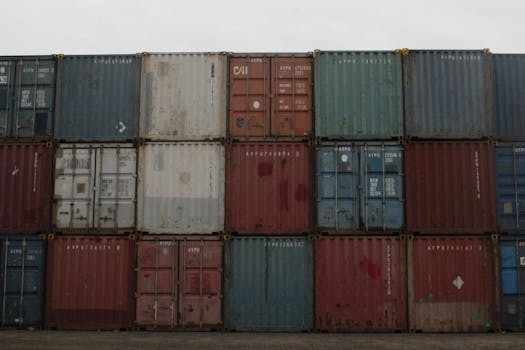Global Trade Impacts are constantly changing and evolving, with new trends emerging all the time. One of the latest trending topics in this space is the impact of the US-China trade war on global supply chains. The trade war between the two economic giants has been ongoing for several years now, with both countries imposing tariffs on each other’s imports. This has not only affected their bilateral trade relations but has also disrupted global supply chains, as many multinational companies rely on goods and components from both countries.
The US-China trade war has led to increased uncertainty in global markets, with companies unsure of how to navigate the changing trade landscape. Many companies have been forced to rethink their supply chain strategies, with some choosing to diversify their sourcing to reduce their dependence on either the US or China. This has led to an increase in trade between other countries, as companies look for alternative suppliers to mitigate the impact of the trade war.
Another key impact of the US-China trade war on global supply chains is the rise of protectionism around the world. As the two largest economies in the world engage in a tit-for-tat battle of tariffs, other countries have also started to implement protectionist policies to safeguard their own industries. This has further complicated global supply chains, as companies now have to navigate a web of trade barriers and regulations in order to do business internationally.
Despite the challenges posed by the US-China trade war, there are also opportunities for companies to adapt and thrive in this new trade environment. Many companies are exploring new markets and partnerships as they look to diversify their supply chains and reduce their exposure to geopolitical risks. In addition, advancements in technology such as blockchain and artificial intelligence are helping companies to better track and manage their supply chains, increasing transparency and efficiency in the process.
Overall, the impact of the US-China trade war on global supply chains is complex and far-reaching. While it has created challenges for many companies, it has also sparked innovation and forced companies to think more strategically about their supply chain operations. As the trade war continues to unfold, companies will need to remain agile and adaptable in order to navigate the changing global trade landscape and stay competitive in the long run.

Leave a Reply